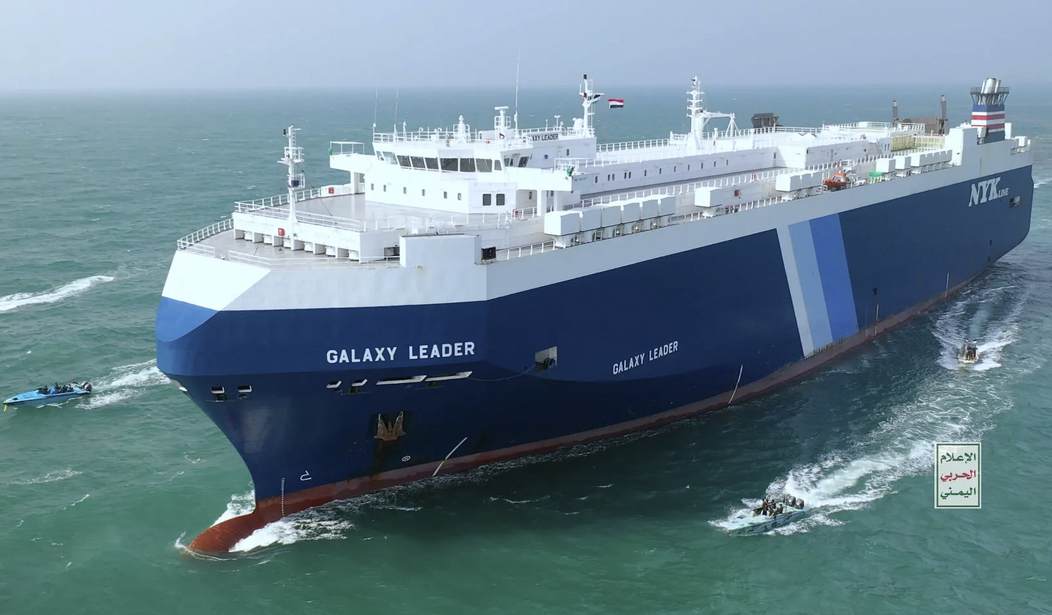President Joe Biden's ability to wield the power of the United States on the world stage has suffered another defeat as "Operation Prosperity Guardian" fails to unite our country's allies under the American Flag to take on Houthi Rebels as they continue attacking shipping vessels transiting the Red Sea.
In an apparent show of the lack of trust America's allies have in Biden's leadership, many of our country's allies have refused to fully partner with the U.S. and put their assets under American command, choosing instead to participate but remain independent of the United States.
Despite what the Biden administration and Pentagon have said about the strength of the coalition and America's leadership in the effort, several countries have made clear they won't be putting their faith in Biden's chain of command.
Among the countries balking at the idea of partnering with the U.S. is our oldest ally, France — a country that Biden has already angered with his foreign policy — said that while it agrees that there needs to be freedom of navigation in the Red Sea, its vessels would remain under French command and control, according to Reuters.
Italy is another country that has assets headed to the Red Sea but said it would not be part of Biden's operation and instead prioritize the protection of Italian-owned ships in the region.
On Sunday, Spain also made clear that its forces "will not participate" in the US-led coalition, per a report from AFP, and would only join NATO or EU operations according to Reuters.
Meanwhile, some other countries are technically participating, though their contributions don't include military vessels or weapons platforms. Reuters reported that Norway is sending "10 naval officers to Bahrain," where the operation is headquartered. The Netherlands is sending "two staff officers" while Denmark is "sending one officer."
Recommended
Biden's failure to get America's allies to fully join in the effort to protect shipping traffic from Iran-backed terrorists has resulted in a "lack of details and clarity over what countries are doing" that "has added to confusion for shipping companies, some of which have been re-routing vessels away from the area after the attacks," Reuters noted.
This outcome was, of course, entirely predictable.
President Biden has alienated, surprised, angered, and disappointed America's allies at almost every turn. There was the disastrous withdrawal from Afghanistan that led the U.K. parliament to formally hold Biden in contempt, his failed efforts to deter Putin from invading Ukraine that saw him only push China and Russia closer, and many other less severe situations in which Biden received rebukes from America's allies that makes it logical for such allies to doubt his operation in the Red Sea.
It's hard to blame countries for not wanting to entrust their vessels and troops to Biden's chain of command after he handed Afghanistan to the Taliban and used Russia's invasion of Ukraine — after he insisted U.S. sanctions would serve as a deterrent — as a scapegoat for his domestic political crises.
This time around, it's worth noting that the reluctance and refusal to join the U.S. coalition could be due to Biden's inability to deter attacks on U.S. troops in the Middle East.
Despite bringing significant fighting power to the region to supposedly back up his command of "Don't" to those who would escalate hostilities, Biden has not deterred ongoing attacks on U.S. personnel stationed in Iraq and Syria by responding with meaningful force.
The countries choosing not to jump at the opportunity to fall under U.S. command for the operation are likely not wanting to bind themselves to a leader, Biden, who has largely refused to use the resources at his disposal to put down the attacks against his own forces.

























Join the conversation as a VIP Member